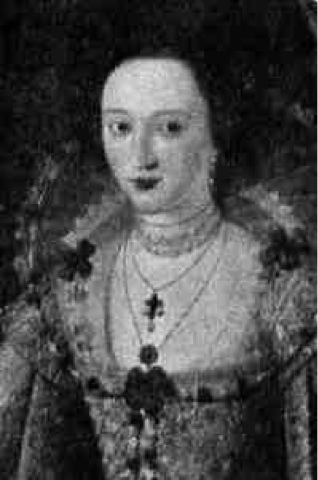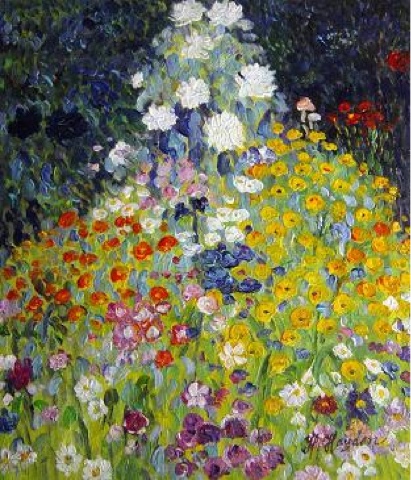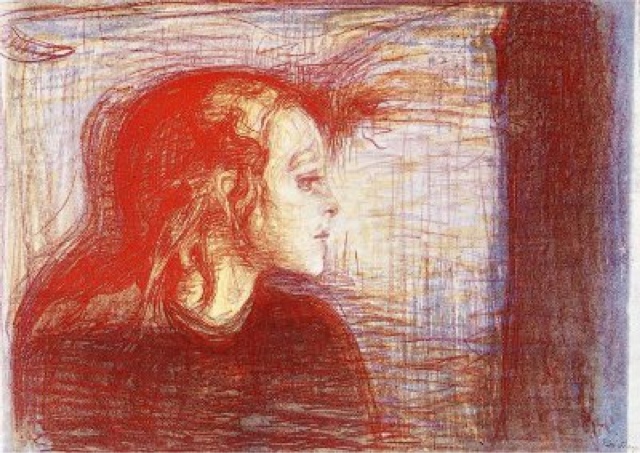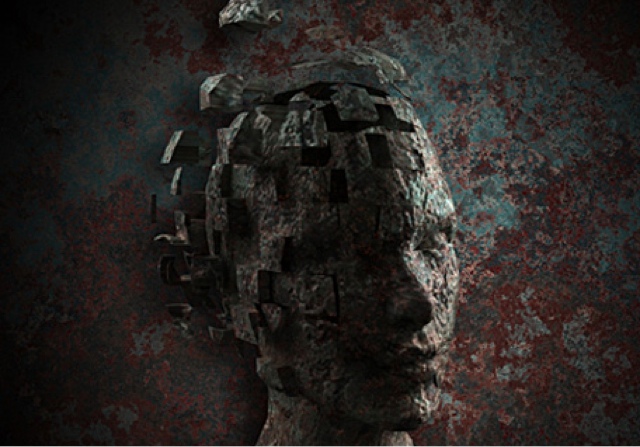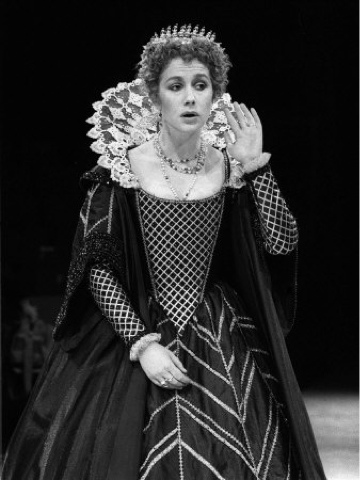Spent this lovely, sunny Saturday indoors at the University of London. Normally this would make me sad, however, today it simply inspired and encouraged me. I attended the Womens Studies Group's annual Workshop, titled Women, Performance, Portraiture. This is a group of mainly history scholars who meet throughout the year for workshops, field trips, etc, and most importantly, to share their scholarly endeavors.
The day began with a keynote speaker - the brilliant Gill Perry. (more on her here: http://www.open.ac.uk/Arts/arthistory/perry.shtml). The paper she presented looked at art and the creation of feiminine celebrity, particularly in 18th century London society circles. Looking at the semiotics not just of the works themselves, but also at their placement, prominence, and re-location in manor houses throughout England, she made some intriguing suggestions regarding the role art played in creating and perpetuating myths of celebrity. There were many resonances for me in this lecture, notably the ideas of public vs private space - hearkening back to our thoughts about The Duchess of Malfi. I cannot begin to give justice to her argument in the lecture, however suffice to say that it sparked many ideas in me, and something creative will come from this.
The second half of the day allowed for each delegate at the workshop to bring a small 5-10 minute presentation on their own current work. This, too, was fascinating. I was humbled in the presence of these intelligent women and the brilliant research they are undertaking. For my own contribution, I brought a section of Forc'd To Woo, the devised response to The Duchess of Malfi that I had created before our group merged our individual work to create In Secret. I talked a bit about my process for creating theatre - looking at historical texts for modern resonances and stories that echo forward, telling us something about the human condition, and specifically the female experience. I also talked a bit about how this developed in performance, and my future plans for the piece. I had some great questions from the group, and overall they seemed encouraging to my endeavors.
On a personal note, I was sure I would be nervous speaking; I was in the company of accomplished and published scholars, a lowly MA candidate, and in theatre nonetheless. That said, I wasn't nervous whatsoever. I felt extremely confident sharing my work and responding to questions about how I had created the piece.
It seems odd for a theatre maker to find their best inspiration in a room full of academics, but alas, I tend to be unconventional.
The day began with a keynote speaker - the brilliant Gill Perry. (more on her here: http://www.open.ac.uk/Arts/arthistory/perry.shtml). The paper she presented looked at art and the creation of feiminine celebrity, particularly in 18th century London society circles. Looking at the semiotics not just of the works themselves, but also at their placement, prominence, and re-location in manor houses throughout England, she made some intriguing suggestions regarding the role art played in creating and perpetuating myths of celebrity. There were many resonances for me in this lecture, notably the ideas of public vs private space - hearkening back to our thoughts about The Duchess of Malfi. I cannot begin to give justice to her argument in the lecture, however suffice to say that it sparked many ideas in me, and something creative will come from this.
The second half of the day allowed for each delegate at the workshop to bring a small 5-10 minute presentation on their own current work. This, too, was fascinating. I was humbled in the presence of these intelligent women and the brilliant research they are undertaking. For my own contribution, I brought a section of Forc'd To Woo, the devised response to The Duchess of Malfi that I had created before our group merged our individual work to create In Secret. I talked a bit about my process for creating theatre - looking at historical texts for modern resonances and stories that echo forward, telling us something about the human condition, and specifically the female experience. I also talked a bit about how this developed in performance, and my future plans for the piece. I had some great questions from the group, and overall they seemed encouraging to my endeavors.
On a personal note, I was sure I would be nervous speaking; I was in the company of accomplished and published scholars, a lowly MA candidate, and in theatre nonetheless. That said, I wasn't nervous whatsoever. I felt extremely confident sharing my work and responding to questions about how I had created the piece.
It seems odd for a theatre maker to find their best inspiration in a room full of academics, but alas, I tend to be unconventional.
